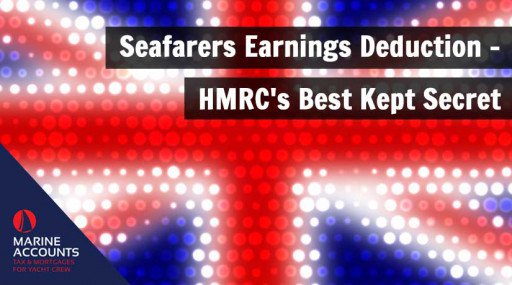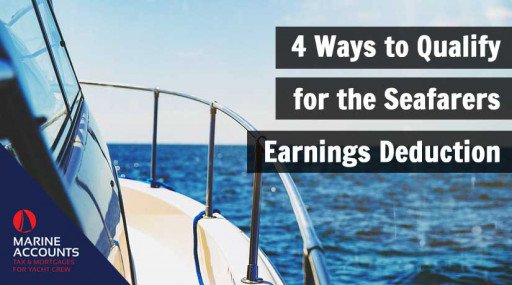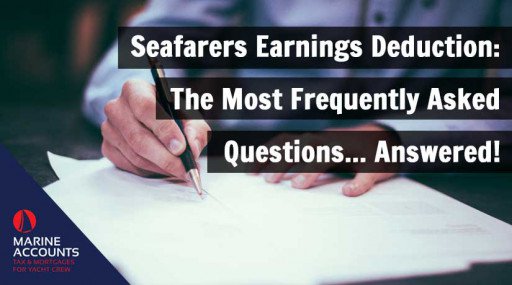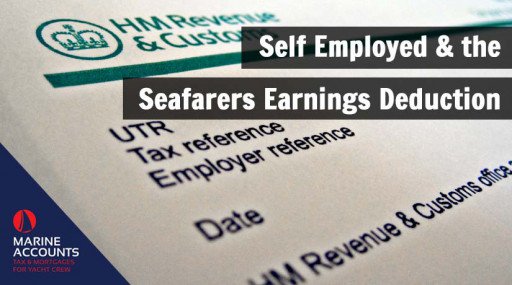Seafarers Earnings Deduction for Performers Explained
- Authors
-
-

- Name
- Patrick Maflin
-
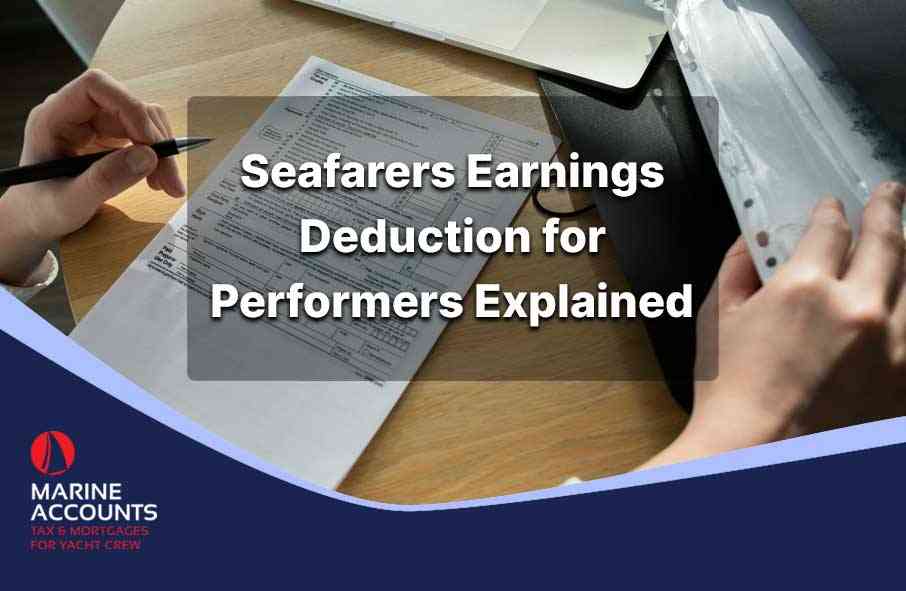
Navigating the waters of maritime employment requires clarity, especially when it comes to the Seafarers Earnings Deduction (SED).
One common source of confusion, particularly among those working on cruise ships, is understanding the distinction between being employed and self-employed.
The SED offers eligible seafarers a tax break by allowing them to deduct a portion, or all of their applicable earnings.
However, claiming this deduction hinges on a clear understanding of your employment status.
Whether you're part of a cargo crew or serving guests on a cruise liner, knowing where you stand - employed or self-employed - is essential.
It's like having a reliable compass to steer you away from tax-related headaches.
So, as you navigate your maritime career, keep clarity as your guiding star.
With a clear understanding of your employment status and the benefits of the seafarers earnings deduction, you can chart a smoother course through the tax waters.
Smooth sailing ahead!
Let's delve into this topic to shed light on what it means for you and your tax obligations.
Chapters
- The SED and Employment Status
- Employee vs Self-Employed: Deciphering the Difference
- Factors Considered by HMRC
- Seeking Clarity and Guidance
- Conclusion
The SED and Employment Status
Firstly, it's essential to understand that the SED is designed for individuals who are employed, rather than those who are self-employed.
However, if you're working on a cruise ship with a structured schedule, receiving regular wages, and adhering to the directives of your employer, chances are HM Revenue and Customs (HMRC) would classify you as an employee, therefore able to potentially claim the SED against your relevant income.
Employee vs Self-Employed: Deciphering the Difference
You might wonder, "what distinguishes an employee from someone who's self-employed?"
It boils down to the nature of the working relationship:
Employee
An employee typically performs tasks assigned by their employer, follows set working hours, and receives payment based on time worked.
They may be entitled to overtime pay, bonuses, and other benefits.
Self-Employed
On the other hand, self-employed individuals have more autonomy.
They can subcontract work, bear financial risks, provide their own equipment, and set their own prices.
They often work for multiple clients and have greater control over their schedules.
Factors Considered by HMRC
HMRC considers several factors when determining employment status:
- Personal Service: Can you send someone else to do the job in your place?
- Mutuality of Obligation: Are there essential obligations in your contract?
- Right of Control: To what extent does your employer control your work?
- Financial Risk: Who bears the financial risks associated with the work?
- Length of Engagement: How long is the contract duration?
- Integration into the Organisation: Are you considered part and parcel of the client's structure?
- Employee-Type Benefits: Do you receive benefits indicative of an employment relationship?
- Right to Terminate Contract: What are the conditions for contract termination?
Seeking Clarity and Guidance
Navigating the nuances of employment status can be complex, especially in industries like maritime, where working arrangements may vary.
If you're uncertain about your employment classification, then we’re here to help.
Conclusion
Understanding your employment status is crucial for ensuring compliance with tax regulations and determining your eligibility for benefits like the SED.
By familiarising yourself with the factors considered by HMRC and seeking expert advice when needed, you can navigate the complexities of employment status with confidence.
Should you have any questions or require further clarification on this topic, feel free to reach out to us.
We're here to support you in making informed decisions about your tax affairs.
Disclaimer: Any advice in this publication is not intended or written by Marine Accounts to be used by a client or entity for the purpose of (i) avoiding penalties that may be imposed on any taxpayer or (ii) promoting, marketing or recommending to another party matters herein.


